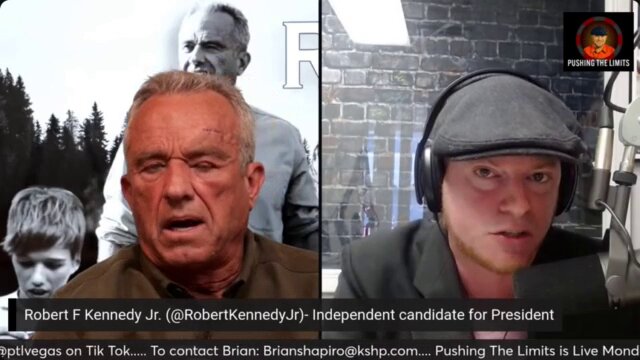The statement provided discusses the use of coercion in enforcing vaccine mandates, referencing federal law and a quote from Martin Luther King, Jr. to support its argument. It addresses a public issue related to health policy and individual rights, thus constituting public discourse.
- The statement aims to highlight concerns about the legality and ethics of vaccine mandates, which is a significant public health and legal issue. It does not cause harm but seeks to provoke thought and discussion. [+1]Principle 1:I will strive to do no harm with my words and actions.
- The statement respects the dignity of individuals by advocating against coercion, aligning with the principle of respecting individual rights and choices. [+1]Principle 2:I will respect the privacy and dignity of others and will not engage in cyberbullying, harassment, or hate speech.
- By invoking a quote from Martin Luther King, Jr., the statement attempts to use a respected figure's words to promote understanding and empathy towards those who may feel coerced. [+1]Principle 3:I will use my words and actions to promote understanding, empathy, and compassion.
- The statement engages in a form of constructive criticism of vaccine mandates, encouraging dialogue on the balance between public health and personal freedoms. [+1]Principle 4:I will engage in constructive criticism and dialogue with those in disagreement and will not engage in personal attacks or ad hominem arguments.
- The statement does not acknowledge counterarguments or the public health context that might justify mandates, which could be seen as a lack of full engagement with the complexity of the issue. [-1]Principle 5:I will acknowledge and correct my mistakes.
- The statement uses its platform to discuss a controversial and important aspect of society's response to a pandemic, aiming to influence public opinion and policy. [+1]Principle 6:I will use my influence for the betterment of society.
- The statement upholds the principles of free speech by using its platform to express a dissenting view on a public policy issue responsibly. [+1]Principle 7:I will uphold the principles of free speech and use my platform responsibly and with integrity.
